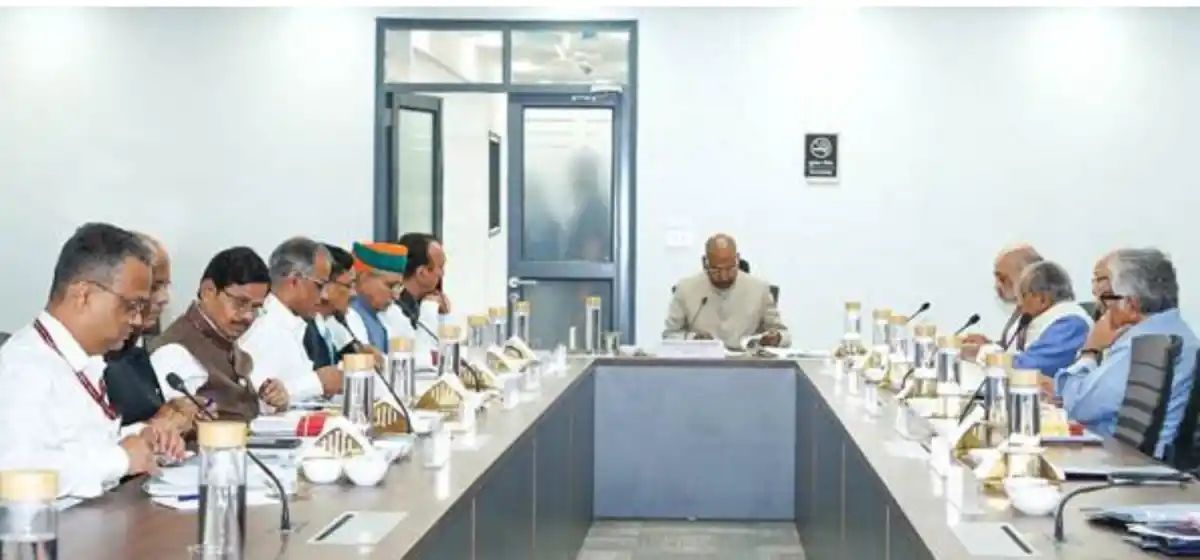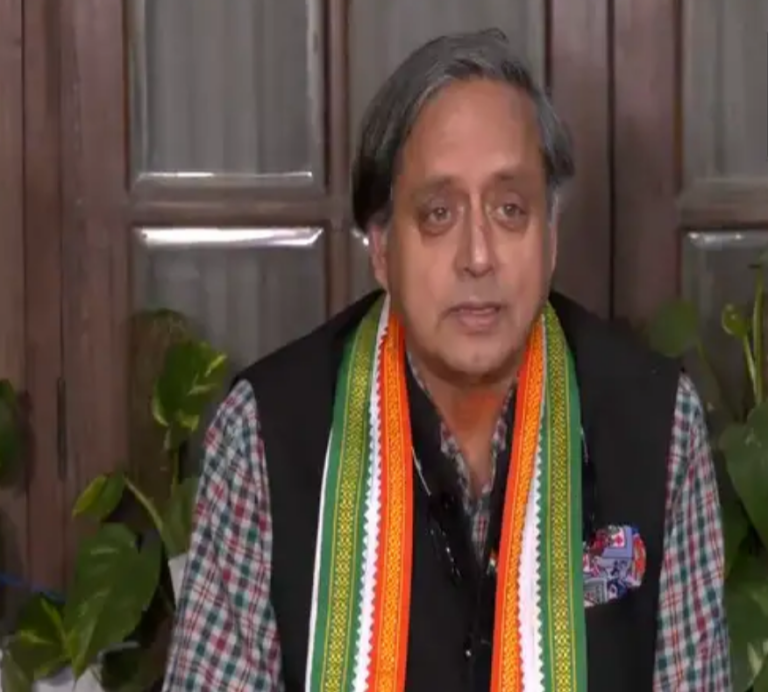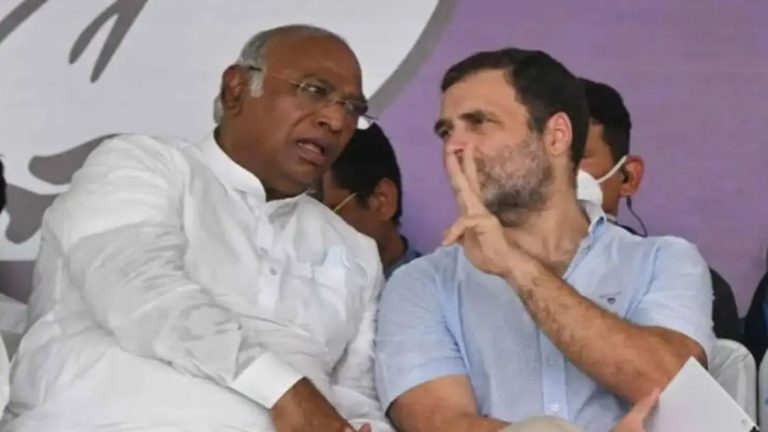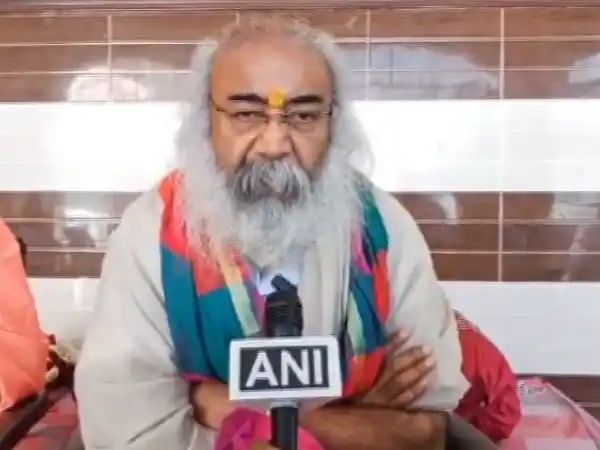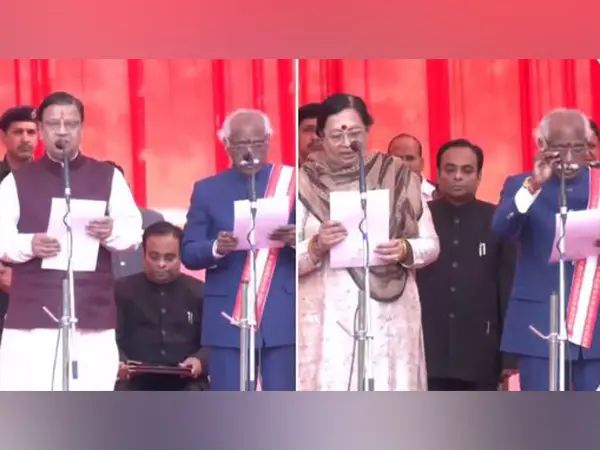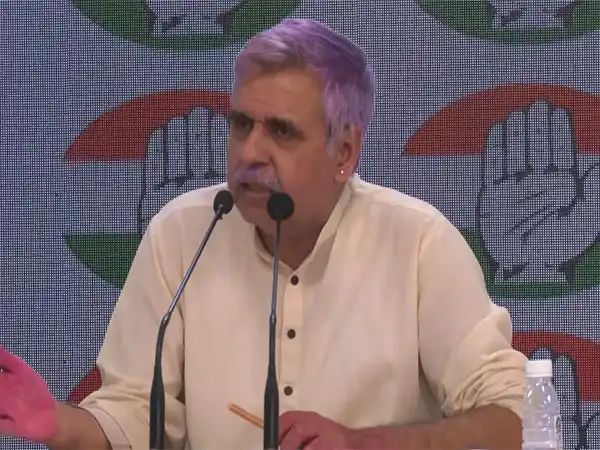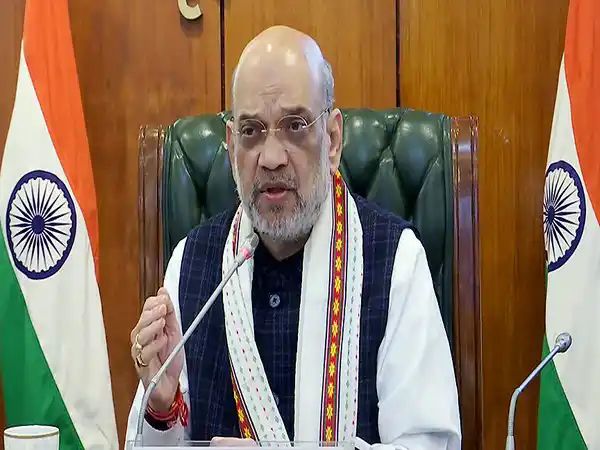Simultaneous Polls: Kovind Panel Lays Down Synchronisation of Terms, Cutting Short Assembly Tenures
In the 18,626-page report, submitted to President Droupadi Murmu, the committee has recommended the conduct of simultaneous elections in two steps.
In the first step, simultaneous elections will be held to the Lok Sabha and the state assemblies and in the second, elections will be held to the municipalities and panchayat bodies within 100 days of the elections to the Lok Sabha and the state assemblies.
The report has recommended inserting Article 82A in the constitution in order to synchronise the terms of the Lok Sabha and the state assemblies and cutting short the latter’s terms in order to bring in the synchronisation.
The report has said that the discontinuation of simultaneous elections in the country, two decades after independence, has had a ‘baneful effect on the economy, polity and society. Initially, two elections were held every ten years’.
‘Now, several elections are being held every year. This casts a huge burden on the government, businesses, workers, courts, political parties, candidates contesting elections, and civil society at large.
‘The committee, therefore, recommends that the government must develop a legally tenable mechanism in order to restore the cycle of simultaneous elections,’ it said.
The committee under Kovind was set up on September 2, 2023 and includes Union home minister Amit Shah, former leader of opposition in the Rajya Sabha Ghulam Nabi Azad, former finance commission chairperson N.K. Singh, former Lok Sabha secretary-general Subhash C. Kashyap, senior advocate Harish Salve and former chief vigilance commissioner Sanjay Kothari.
The report was compiled after taking responses from 47 political parties, of which 15 opposed the exercise.
Additionally, responses were also sought from four former chief justices of India, former chief justices of high courts, former chief election commissioners of India, the Bar Council of India and the stakeholders of apex business organisations like the ASSOCHAM, FICCI, and CII.
Responses were also sought from the general public.
State assembly terms to be cut short to synchronise simultaneous polls
The committee has recommended that in order to bring in the synchronisation of elections to the Lok Sabha and state assemblies, the president may bring in a notification, issued on the date of the first sitting of the Lok Sabha, called the ‘Appointed date’.
It has recommended cutting short the tenure of those state assemblies that are constituted after this appointed date and before the expiry of the full term of the Lok Sabha.
‘And the tenure of all state legislative assemblies, constituted by elections to the state legislative assemblies after the appointed date and before the expiry of the full term of the House of the People, shall be only for the period ending up to the subsequent general elections to the House of the People,’ the report said.
‘Thereafter, all general elections to the House of the People and all state legislative assemblies shall be held together simultaneously.’
This implies that if the notification is issued after the 2024 Lok Sabha elections in June, for instance, then all those states in which assembly elections are due to be held in subsequent years before 2029, will be cut short.
This could include states like Maharashtra and Haryana, where elections are due later this year; Delhi and Bihar, where elections are due in 2025; followed by other states like West Bengal, Kerala, Assam and Tamil Nadu in 2026; Uttar Pradesh, Gujarat and Himachal Pradesh in 2027; and Meghalaya, Nagaland, Tripura and Karnataka in 2028.
The committee has recommended an ‘implementation group’ to be constituted to look into the execution of the recommendations.
Synchronisation of municipal and panchayat elections with Lok Sabha and state assembly polls
In order to conduct simultaneous elections to the municipal and panchayat bodies along with the Lok Sabha and state assemblies, the committee has recommended the introduction of Article 324A in the constitution.
It has also recommended an amendment in Article 325 for enabling a single electoral roll and single elector’s photo identity cards, which will be prepared by the Election Commission of India (ECI) in consultation with the state election commissions, which will substitute any other electoral roll prepared by the ECI.
The report said that this will require ratification by states (with a one-third majority).
Implementation of simultaneous elections to the Lok Sabha and state assemblies will not require such ratification.
‘Since these amendments touch upon State subjects (Entry 5) of Schedule VII, Part IX, and Part IX A of the Constitution of India, ratification by the States will be required under Article 368(2) of the Constitution of India,’ it said.
‘However, implementing step one, which is simultaneous elections to [the] House of the People and state legislative assemblies, does not necessitate ratification by the states.’
Hung house and no-confidence motions
The committee has recommended that fresh elections be held in the event of a hung house or a no-confidence motion.
If such fresh elections are held for the Lok Sabha, then the new Lok Sabha will only serve the remainder of the preceding House’s term.
When this remainder period ends, the new Lok Sabha will be considered dissolved, the committee said.
If fresh elections are held to state assemblies, then the new assembly, unless sooner dissolved, will continue till the end of the full term of the Lok Sabha.
‘A Constitution Amendment Bill will have to be introduced in the Parliament amending Article 83 (Duration of Houses of Parliament) and Article 172 (Duration of State Legislatures). This Constitutional Amendment will not need ratification by the States,’ the report said.
The report also said that one of its members, Kashyap, had recommended a ‘constructive vote of no-confidence’ as in Germany, where in order to bring in a motion of no confidence against a government, a positive vote of confidence in an alternate leader or government is required.
However, this suggestion was not taken by the committee, which said in the report that the prevailing parliamentary practice need not be changed in this regard.
‘Making a motion of no confidence by the Members of the Parliament is not only their right, but also their responsibility. The committee would not like to dilute this feature of the Indian parliamentary system,’ the report said.
Fifteen parties opposed simultaneous elections
The report said that it had received responses from 47 political parties, of which 15 opposed simultaneous elections.
‘Those who opposed simultaneous elections raised apprehensions that its adoption could violate the basic structure of the constitution, be anti-democratic and anti-federal, marginalise regional parties, encourage the dominance of national parties and result in a presidential form of government,’ the report said.
The parties in favour included the BJP, the National People’s Party, the All India Anna Dravida Munnetra Kazhagam, the All Jharkhand Student Union, the Apna Dal (Soney Lal), the Asom Gana Parishad, the Biju Janata Dal, the Janata Dal (United), the Lok Jan Shakti Party (R), the Mizo National Front, the Nationalist Democratic Progressive Party, the Shiv Sena, the Sikkim Krantikari Morcha, the Shiromani Akali Dal and the United People’s Party Liberal.
Other parties in favour included the Pattali Makkal Katchi, the Republican Party of India (Athawale), the Tamil Maanila Congress (M), the Rashtriya Lok Janata Dal, the United Kisan Vikas Party, the Bharatiya Samaj Party, the Gorkha National Liberal Front, the Hindustani Awam Morcha, the Indian Makkal Kalvi Munnetra Kazhagam, the Indigenous People’s Front of Tripura, the Jan Surajay Shakti, the Rashtriya Lok Jan Shakti Party, the Maharashtrawadi Gomantak Party, the Nishad Party, the Puthia Nidhi Katchi, the Rashtrawadi Congress Party (Ajit Pawar) and the Democratic Progressive Azad Party.
The parties who opposed simultaneous elections included the Aam Aadmi Party, the Bahujan Samaj Party, the Communist Party of India (Marxist), the Indian National Congress, the All India United Democratic Front, the All India Trinamool Congress, the All India Majilis-e-Ittehadul Muslimeen, the Communist Party of India, the Dravida Munnetra Kazhagam, the Naga People’s Front, the Samajwadi Party, the Marumalarchi Dravida Munnetra Kazhagam, the Viduthalai Chiruthaigal Katchi, the Communist Party of India (Marxist-Leninist) Liberation and the Social Democratic Party of India.
Planning for simultaneous polls
The committee has also recommended that in order to prepare for logistical arrangements for simultaneous polls, the ECI (in the case of Lok Sabha and state assembly elections) and the state election commissions (in the case of municipal and panchayat elections) should make a plan for the advance procurement of equipment including EVMs and VVPATs as well as the deployment of security forces and polling personnel.
The committee said that ‘overwhelming support’ for simultaneous elections ‘will spur [the] development process and social cohesion, deepen the foundations of our democratic rubric and realise the aspirations of India, that is Bharat’.
